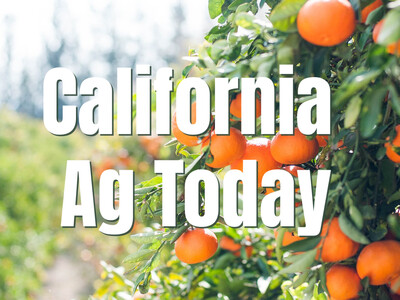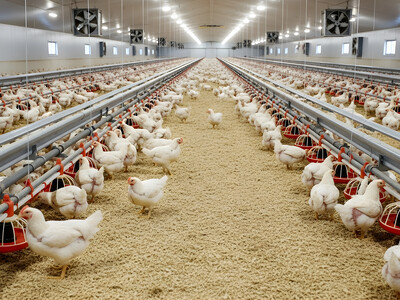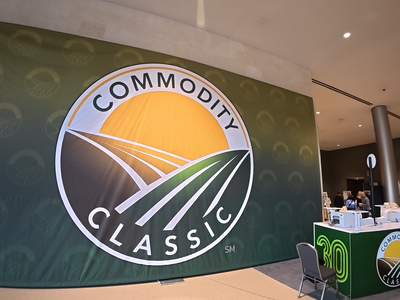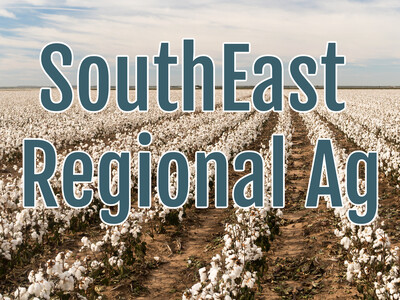Organic Transition Is A Long Term Commitment

Tim Hammerich
News Reporter
Organic farm products can fetch higher prices, but is it worth the investment required to transition to organic production? Sawyer Clark, director of asset management at Gold Leaf Farming says after converting majority of their acreage into organic, they’ve learned that they need to play the long game to see results.
Clark... "Converting to organic in our crops, especially almonds, is tough. The biggest challenge is the orchard floor management. So the weeds just get out of hand. Almonds are harvested off the orchard floor. It's a big challenge. We control the second biggest challenge is nutrition. So when we shift to organic farming, we have to shift our nutrition program for the orchard to multi-years and saying, Hey, we're going to spread compost this year. We know only 30 percent of it is going to be available to the trees. And the next year it's like 17 percent and the following year another 9 percent and it's kind of this long tail of nutrition. So it's a multi-year investment. You, you kind of go from sprint farming each spring of like, Oh, pests. All right, spray or, Oh, you know, low on a certain fertilizer or nutrient, bad fertilizer. Oh, bad weeds spray. You go from that, which is conventional farming to, all right, we need to put compost out every winter and let it sink in slowly. And we're building this whole system. We need to stay on top of the weeds with mechanical weed control or with weed mats or with burners because if they get big, We can't catch up and with pests, we have to do mating disruption because we can't spray. Like, so there's all these things that kind of become a long slow game versus a quick sprint."
A boost in price is also a major difference between organic and conventional farming, Clark says.












